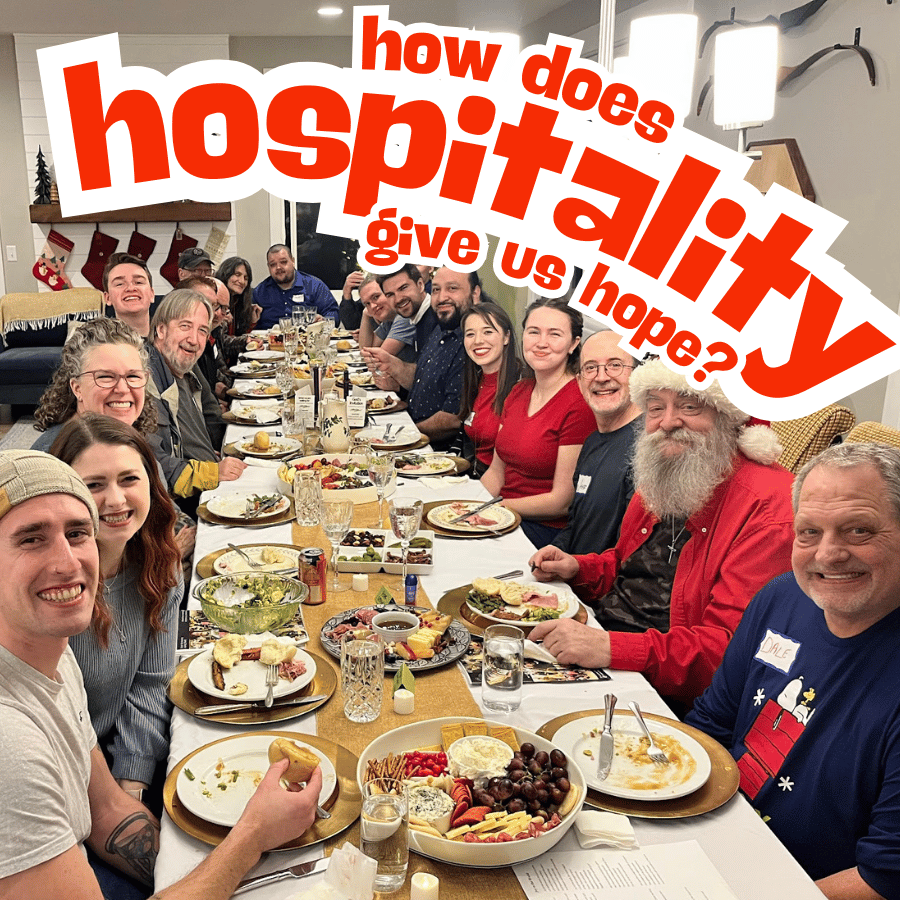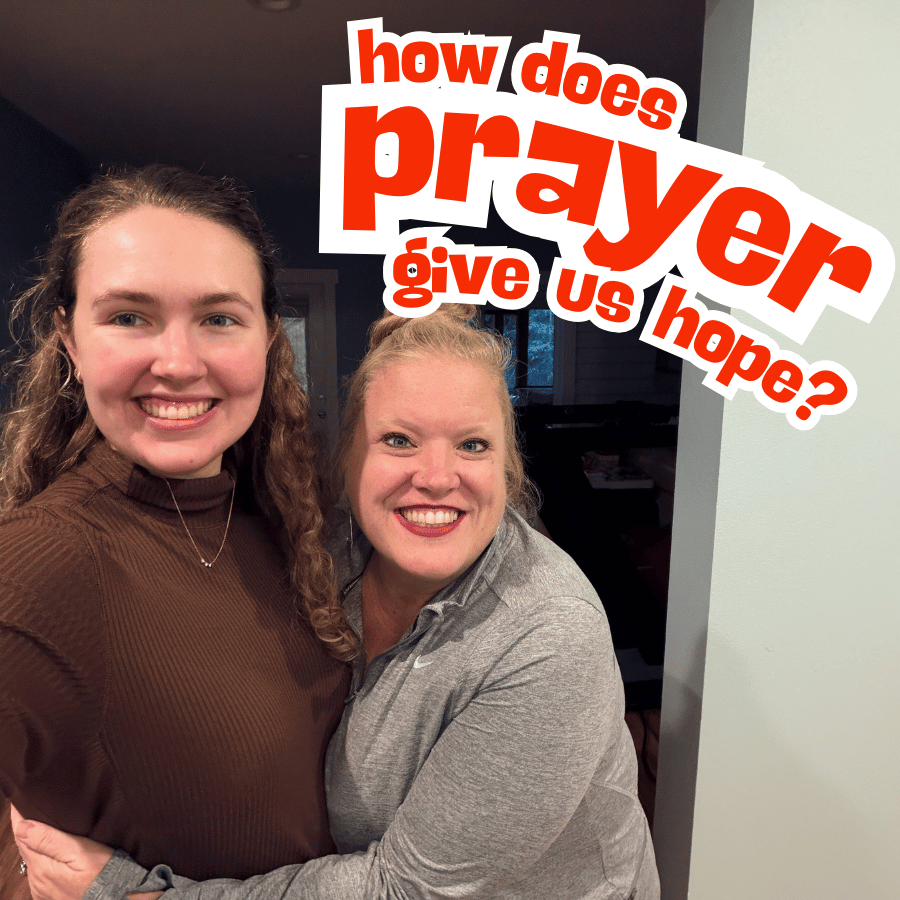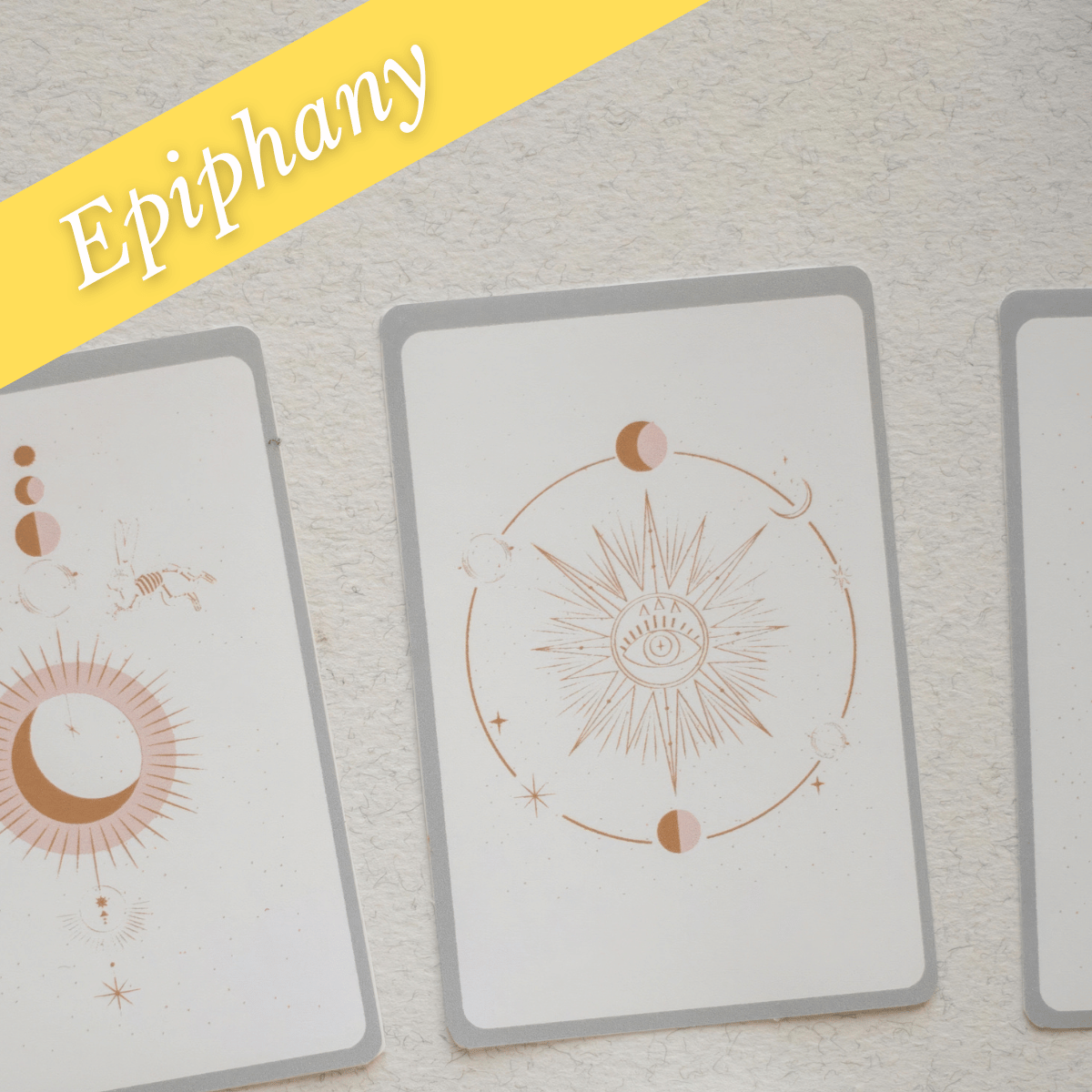To Give Up or Not?
Written by Emma McCoy
3 minute read
I think magnets are great toys for kids. When you’re tiny, you don’t have great hand-eye coordination yet, and your fine motor skills are, to be polite, still developing. Magnetic blocks, or balls, or puzzles are a great way for kids to engage in sensory play without getting bored or frustrated. I have memories of being very young and playing around with magnets—building things, dragging around paperclips, and trying to push two magnets together only to have them fly apart in opposite directions.
Magnets pull metal things. That’s how they work. And for the magnet experts in the audience, yes, I’m sure it’s a tad more complicated than that, but my background is in writing and literature, not magnetic fields. For the purpose of this upcoming metaphor, we’ll stick to magnets pulling on metal and messing up compasses.
So let’s say my heart is a compass. I want it to point—and be oriented toward—magnetic north. That’s the correct calibration. And I want Jesus to be magnetic north, so no matter what’s going on in my life or how twisted up I get, my heart continues to point toward Jesus. This way, when things are going optimally, regardless of how lost I might get on this faithful path, my compass is hard-wired to point north (Jesus).
Unfortunately, in life there are magnets that can pull on my compass and mess up my sense of magnetic north. These magnets are metaphors for things in life that can distract me from what Jesus is doing in my life, and make me want to love something more than Him.
There are plenty of magnets that are pretty expressly forbidden in the Bible: murder, jealousy, adultery, and stealing come to mind. Things that give a thrill or harm others can really get in the way of loving God (though nothing can truly separate us). In fact, there are a lot of rules in the Old Testament that address this; the Law for the Jews was a series of commands that were meant to keep the Israelites close to God. Not worshiping other gods, keeping food laws, resting every seven days, and participating in blood sacrifices. While as Christians we don’t have to adhere to the Law anymore, we still have some pretty clear warnings about what will turn our hearts away from God.
But what about the magnets that aren’t necessarily against the Bible? What about the magnets that are super normal in our culture and can go unnoticed?
That’s where the story of Daniel comes in. Daniel was an exile and slave in the Babylonian empire, living in a program designed to teach him and his countrymen how to work in the royal court. They were given new names, taught the language, and instructed in the culture. Part of the program also involved getting to eat from the king’s table, which rocked because it meant the food was way better and probably not spoiled or rotten. But despite the fact that eating the meat and wine from the king’s table wasn’t against Jewish law, any more or less than the vegetables and water, Daniel and his friends asked to eat vegetables and water instead.
Now, the whole veggie diet thing wasn’t the holy choice because being vegan is inherently holy. The story doesn’t tell us the exact reason why Daniel refused. The connection we can make is that somehow, eating from the king’s table would’ve been a magnet drawing his heart away from God. Daniel’s is a story that asks the question, “what should we give up that we don’t have to?” For context, Abraham sacrificing Isaac poses the opposite question: “what are we giving up that we don’t have to?” But that’s a whole other blog, so I’ll leave it at that.
Eating meat and wine isn’t inherently, at its core, a magnet. I love bacon (though I haven’t developed a taste for wine yet). This can apply to other things too, like alcohol, sex, sugar, etc. There’s a lot that Christians don’t necessarily have to give up just for the sake of giving it up. I like a good cocktail on the weekends, but if I start to drink heavily, it’ll turn my focus and obsession on alcohol. I don’t have to give up drinking because I’m a Christian, but if the focus of my days is when can I get my next drink, my heart is starting to get recalibrated, and it’s not pointing toward Jesus.
It’s healthy for me to operate in an in-between space, where I try to check my behavior if I think something is becoming a magnet, or might. One example is my phone, and social media. It can definitely become a magnet for me, where I’ll spend hours scrolling rather than engaging with my heart and the world around me. So when that starts getting bad, I either delete it for a little bit, or start setting time limits. Another example does have to do with alcohol. Because I’ve started drinking over the past two years, I’m still developing my relationship with alcohol. I know it has the potential to become a problem, so to make it easier on me, I’ve set up “training wheels,” where I don’t keep alcohol in my apartment. That way, if I want a drink, I’m nearly always out with friends, where my behavior—and the calibration of my heart—is in community.
This week, using the story of Daniel as a guide, take a look around. What are some things that aren’t inherently bad, but might be drawing your heart in different directions. What do you not have to give up, might you might should consider? What isn’t unlawful, but could be drawing your heart away from magnetic north (Jesus)?
This week at our Common Table Gathering, we’re going to be using the story of Daniel as our guide through some of these questions. Join us this Sunday as we examine where our compasses are pointing—and what might be pulling on us without our ever knowing.













3-minute read